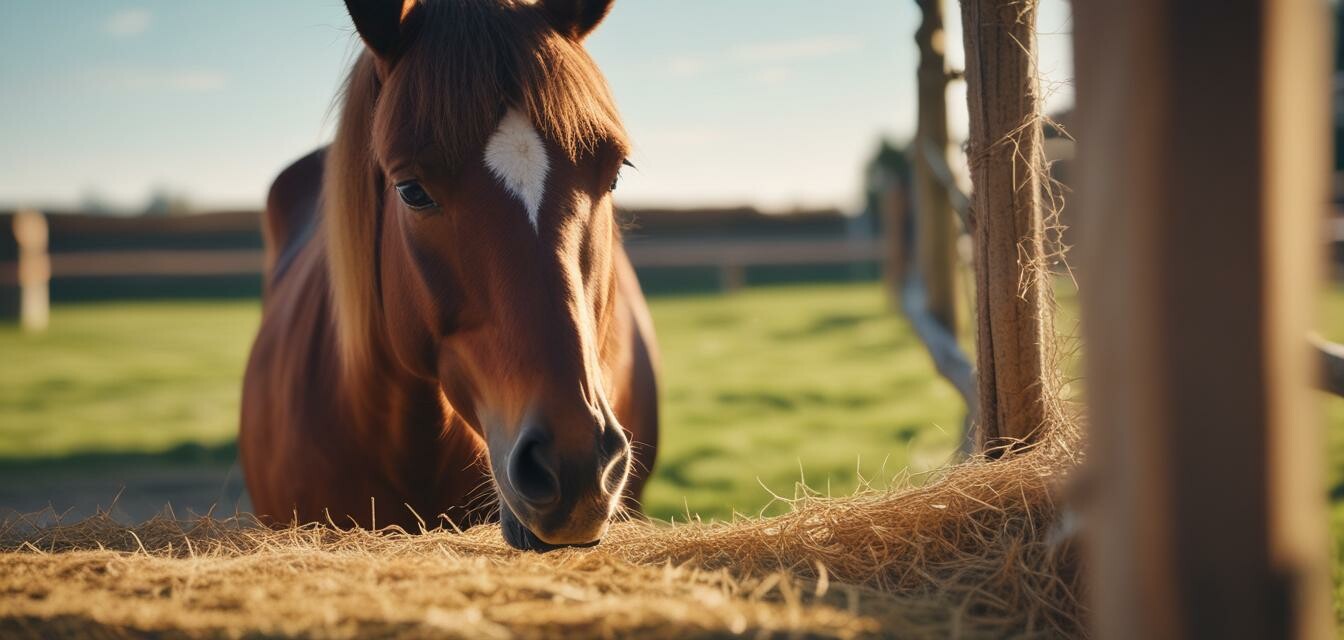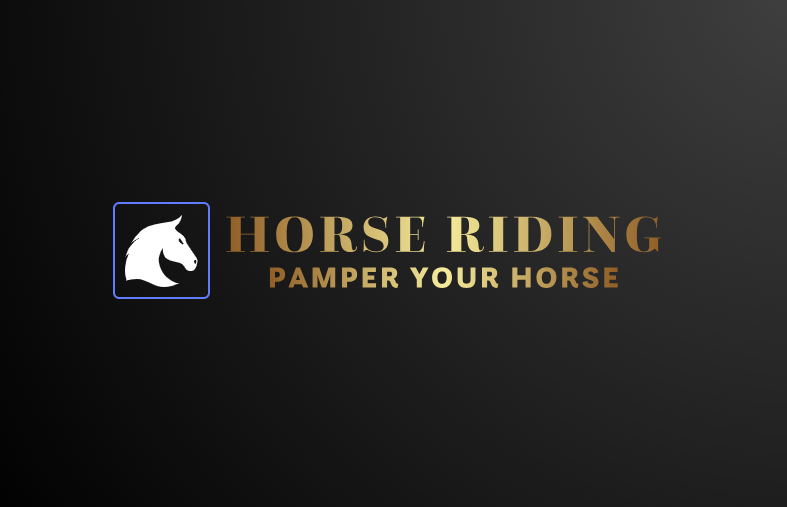
The Role of Equine Nutrition in Performance
Key Takeaways
- Proper nutrition is crucial for maximizing horse performance.
- Current trends focus on personalized dietary plans.
- Recovery times can be improved through optimal nutritional strategies.
- A balanced diet is essential for overall horse health.
- Grain and forage choices greatly impact energy levels and recovery.
As the world of horseback riding evolves, so does our understanding of equine nutrition and its impact on horse performance. Optimal dietary plans can significantly enhance a horse's abilities and recovery times. In this article, we will explore current trends in equine nutrition and best practices for riding enthusiasts aiming to improve their horse's performance.
The importance of equine nutrition
Nutrition plays a pivotal role in every aspect of a horse's performance, from training and competition to recovery. A well-balanced diet provides the necessary nutrients such as proteins, fats, vitamins, and minerals that horses need to maintain their physical condition and energy levels. Below is a table highlighting key nutrients and their benefits:
| Nutrient | Function |
|---|---|
| Proteins | Supports muscle development and repair. |
| Fats | Provides a concentrated energy source. |
| Vitamins | Essential for various metabolic processes. |
| Minerals | Critical for bone health and physiological functions. |
Current Trends in Equine Nutrition
With advancements in equine sports science, there are several exciting trends in equine nutrition:
- Personalized Nutrition: Tailoring diets based on individual horses' needs is becoming increasingly popular. Factors such as age, breed, discipline, and activity level help in formulating a more effective dietary plan.
- Use of Technology: Advances in technology, including mobile applications, are allowing owners and trainers to monitor their horse's dietary intake and adjust accordingly.
- Sustainable Practices: As the demand for eco-friendly products rises, many riders are shifting towards sustainable feeding practices, including locally sourced feeds and organic options.
Best Practices for Optimizing Equine Diet
Here are some best practices recommended for optimizing your horse's diet:
- Consult a Nutritionist: Engage with an equine nutritionist to help formulate a diet tailored specifically for your horse's performance needs.
- Evaluate Feed Quality: Always opt for high-quality feeds and supplements that meet your horse’s specific nutritional demands.
- Monitor Feeding Timing: Adjust feeding times around training sessions to ensure optimal energy levels and recovery.
- Hydration is Key: Ensure your horse has access to clean and fresh water at all times, especially during training and competition.
- Assess Body Condition: Regularly evaluate your horse’s body condition score to adjust feed and ensure they maintain an ideal weight.
Impact of Nutrition on Performance and Recovery
The implications of equine nutrition extend beyond just performance. Nutrition significantly affects recovery. A horse's ability to recover after a strenuous workout relies heavily on the nutrients provided in their diet. Research indicates that proper recovery diets can reduce muscle soreness and lead to faster return-to-training times.
| Aspect | Impact of Good Nutrition | Impact of Poor Nutrition |
|---|---|---|
| Muscle Recovery | Faster recovery times and reduced soreness. | Increased muscle fatigue and longer recovery periods. |
| Energy Levels | Optimal energy for performance. | Lower energy leading to decreased performance. |
| Overall Health | Stronger immune system and better health. | Higher susceptibility to illness and injuries. |
Conclusion
In conclusion, understanding and implementing the principles of equine nutrition can greatly enhance your horse's performance and recovery. As trends continue to evolve within the equestrian community, staying informed about best practices will ensure that your horse remains healthy and vibrant. For more insights into effective care and supplies, you can explore our range of horse supplies available at our store.
Tips for Beginners
- Start with the basics of feeding: hay and grain should make up the staple of an equine diet.
- Gradually introduce new feeds to prevent digestive issues.
- Keep track of any changes in behavior or performance linked to dietary adjustments.
- Invest in quality supplements if necessary, particularly for older horses or those in intense training.
- Stay updated with ongoing research in equine nutrition for the best practices.
Pros
- Improved muscle development with a balanced diet.
- Enhanced stamina during competitions.
- Better overall health and reduced illness.
Cons
- High-quality feed can be more expensive.
- Time-consuming to create a personalized diet plan.
- Incorrect feeding can lead to health issues.
For further reading, check our other articles on buying guides and tips for riders.
